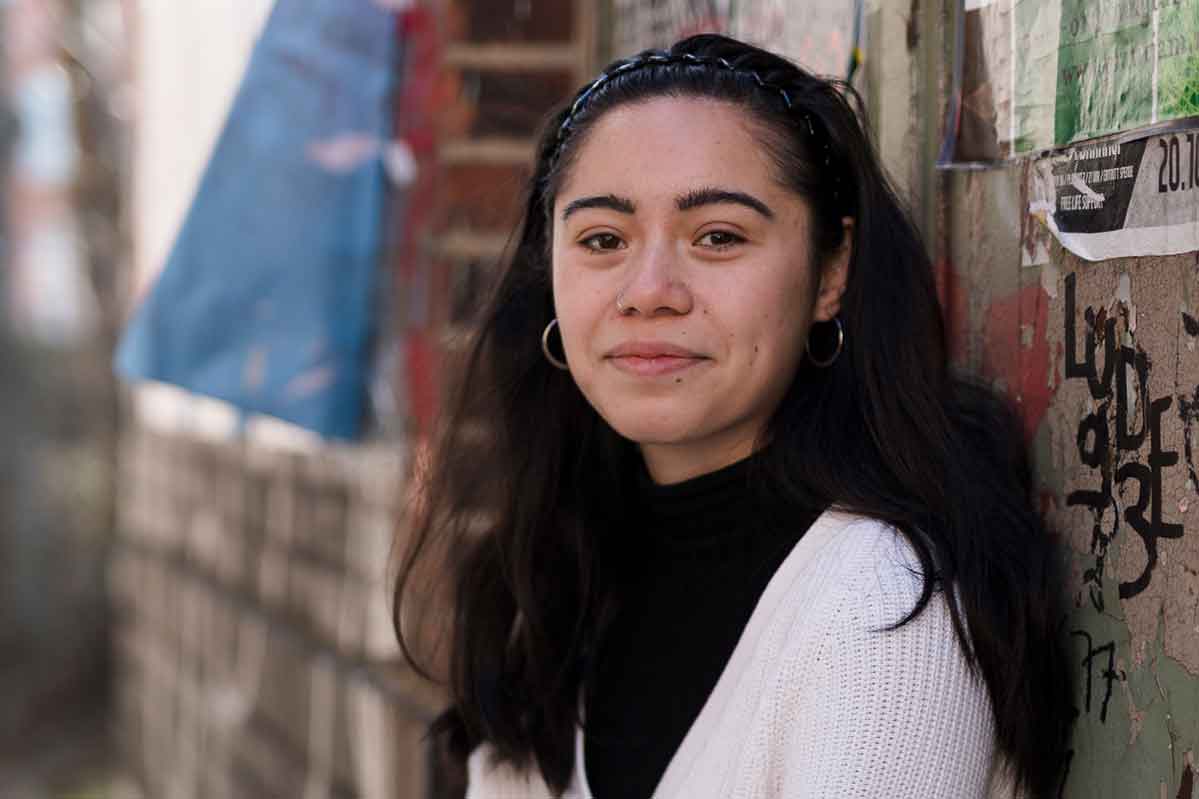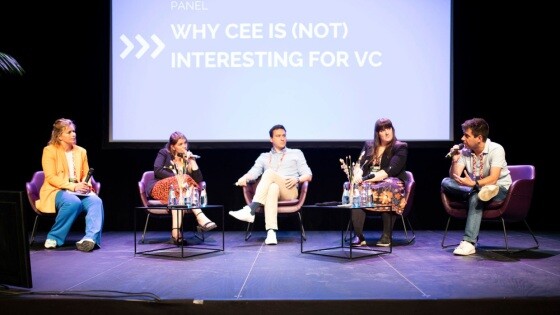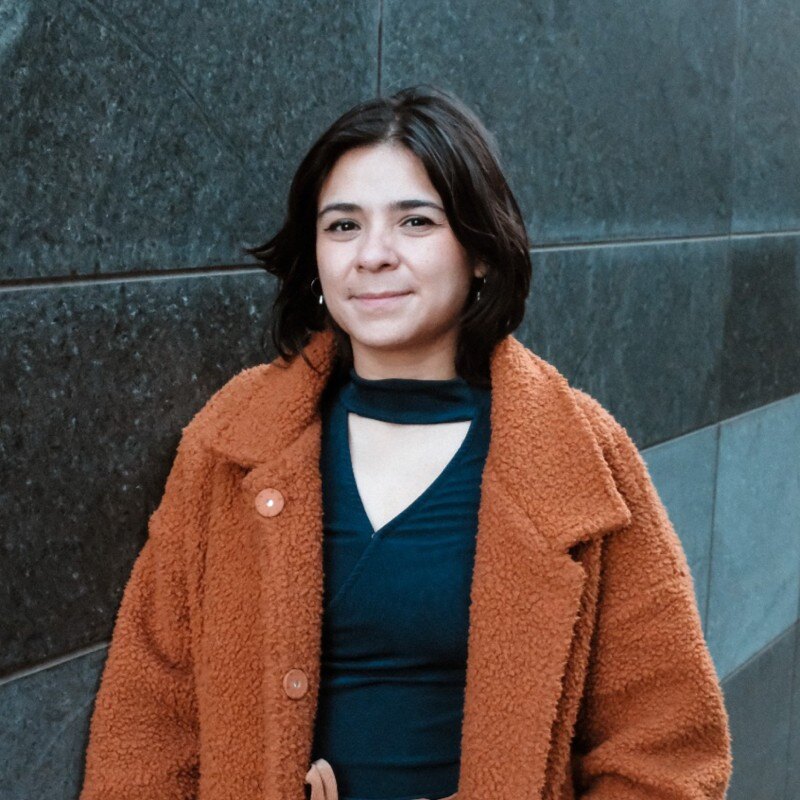In the world of startups, women are proving to be strong innovators and leaders. The balancing act between the demands of entrepreneurship and personal life, especially motherhood, adds an extraordinary dimension to their journey. As a proud project partner of Womenture, an innovative pre-acceleration programme dedicated to empowering female founders in Europe, we have conducted interviews with inspiring female founders to shed light on their unique experiences, challenges, and successes, providing valuable insights and inspiring others to follow in their footsteps.

Dr. Tina Ruseva has become an integral part of SpinLab’s ecosystem over the past years. She participated in SpinLab's Summer School for Diverse Startups in 2021, pitched her business at the Investors Day in 2023, and supported the Womenture Pre-Accelerator Program as a coach this year. Tina is an entrepreneur and workplace activist dedicated to transforming the concept of work beyond money, power, and routine. She believes that work should be a source of purpose, growth, and positive societal change. Over the past five years, she has committed herself to driving this transformation both in Germany and internationally.
Motivated by this vision, Tina founded Mentessa, an award-winning upskilling platform that offers an AI-powered platform designed to foster a connected learning culture within organizations. With Mentessa Tina also launched the Big & Growing New Work Festival, the largest conference on the future of work in the DACH region. Recently, she was elected President of the German National Association for New Work (Bundesverband New Work). All these initiatives reflect on Tina’s passion and dedication to cultivate a better workplace culture and foster positive change. We had the pleasure of interviewing Tina on her entrepreneurial journey.
What background and experiences did you accumulate prior to founding your company?
Before founding my company, I worked for Microsoft in Munich, helping customers adopt their CRM system. It drove me crazy that I didn't understand why companies needed such a system or how businesses operated. As a computer scientist, I knew how to build and fix CRMs, but I lacked business knowledge. So, I quit my job and pursued an MBA in Innovation and Business Creation at TUM in Munich. This marked the beginning of my journey into startups and innovation.
What obstacles did you encounter on your path to success and how did you overcome them?
Just as I was finishing my studies, I became a mom for the first time. Having a baby made it difficult for me to go to the gym whenever I wanted. To solve this problem, I came up with my first business idea! That's how I became one of the digital pioneers in Germany by founding the first online fitness app.
Can you share one of your biggest successes or milestones in the development of your company?
Building a startup while raising a family has been the most challenging thing I've ever done! Tired of juggling countless responsibilities, I decided to return to the workplace while my kids were growing up. That's when I encountered a new challenge - and a new business idea. As a young mom, woman in tech, and immigrant, I struggled to build a professional network, find mentors, and connect with projects where I could apply my entrepreneurial skills. Determined to solve this, I founded Mentessa—a "Tinder for skills" that uses AI to connect people with the right colleagues, projects, and opportunities within their company.
What advice would you give to aspiring founders looking to embark on a similar journey?
I love learning and, at the beginning of my entrepreneurial journey, eagerly absorbed all the advice I received. Over time, I have learned to trust my intuition more, have confidence in my analysis, and resist the urge to please everyone - it's impossible anyway! Something else is more important: Building productive relationships, being kind to everyone, and playing the long-term game. Nothing comes as easy and you enjoy things more that you've earned with kindness.
Learn more about womenture here.
The article was co-written with Julia Alb.







/RootCamp_Logo-Ecosystem.png?width=200&name=RootCamp_Logo-Ecosystem.png)
/Bitroad_Logo-Ecosystem.png?width=200&name=Bitroad_Logo-Ecosystem.png)



/White%20Versions/stadt_leipzig_white.png?width=130&name=stadt_leipzig_white.png)
/lfca_white.png?width=119&name=lfca_white.png)
/bmwi-white-engl-2022.png?width=573&name=bmwi-white-engl-2022.png)
/White%20Versions/sachsen_signet_white.png?width=90&height=362&name=sachsen_signet_white.png)